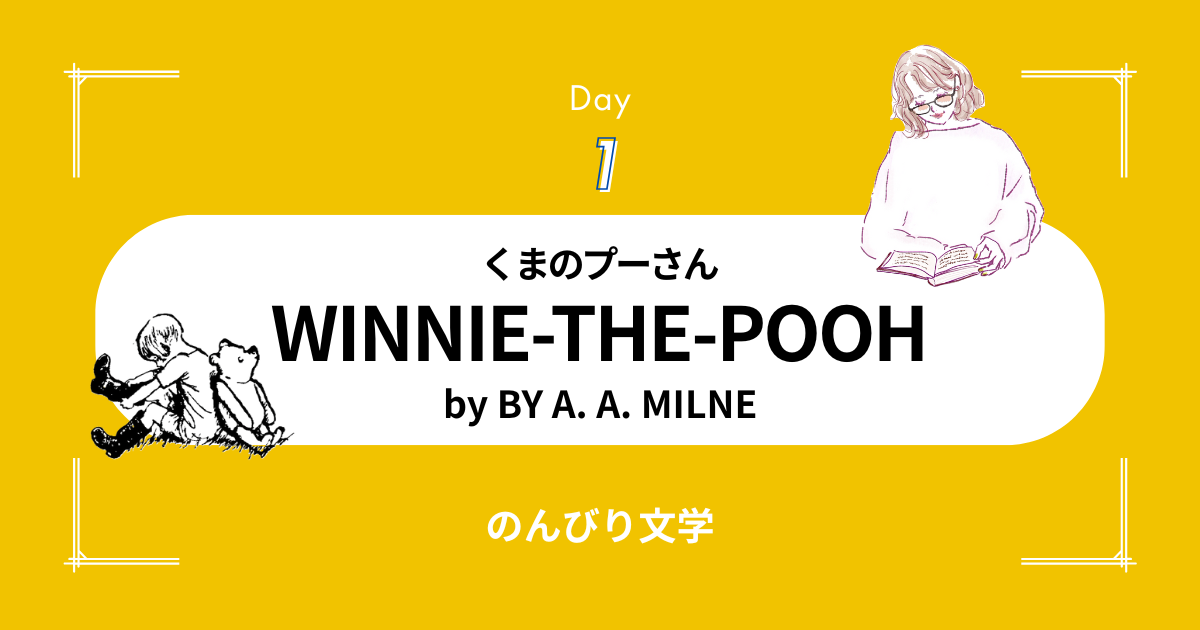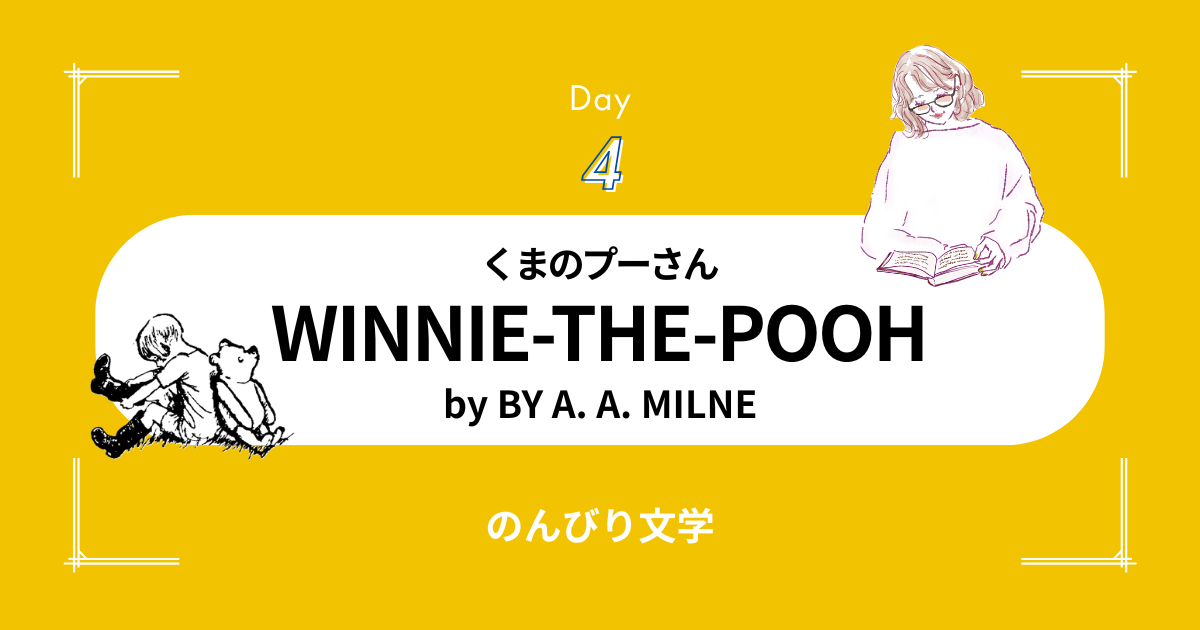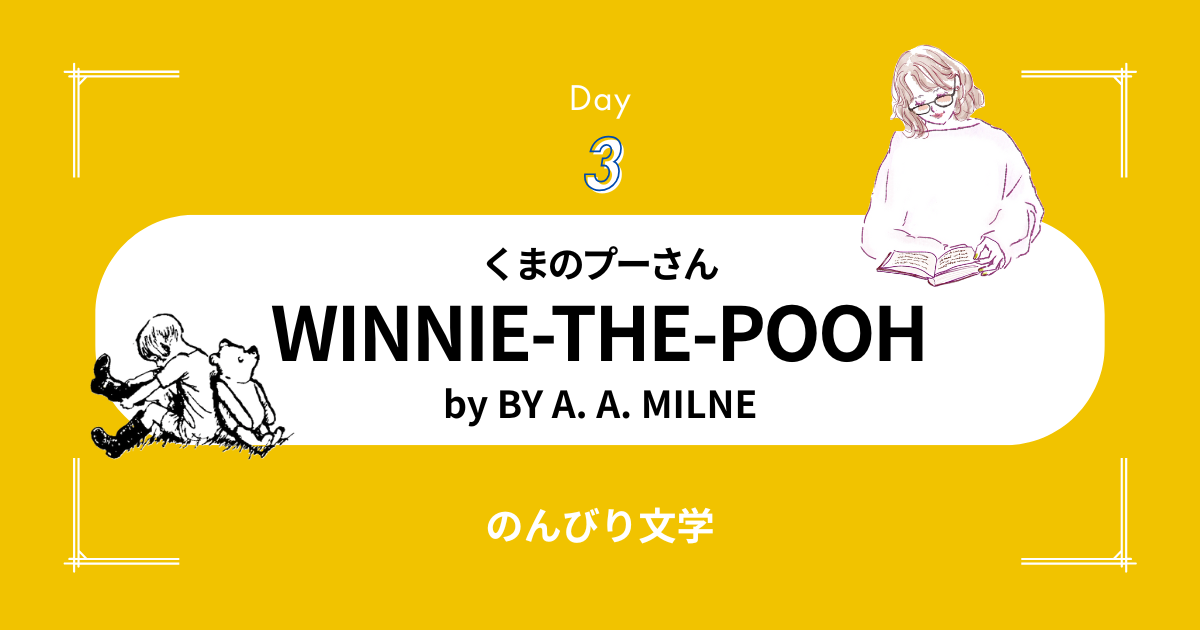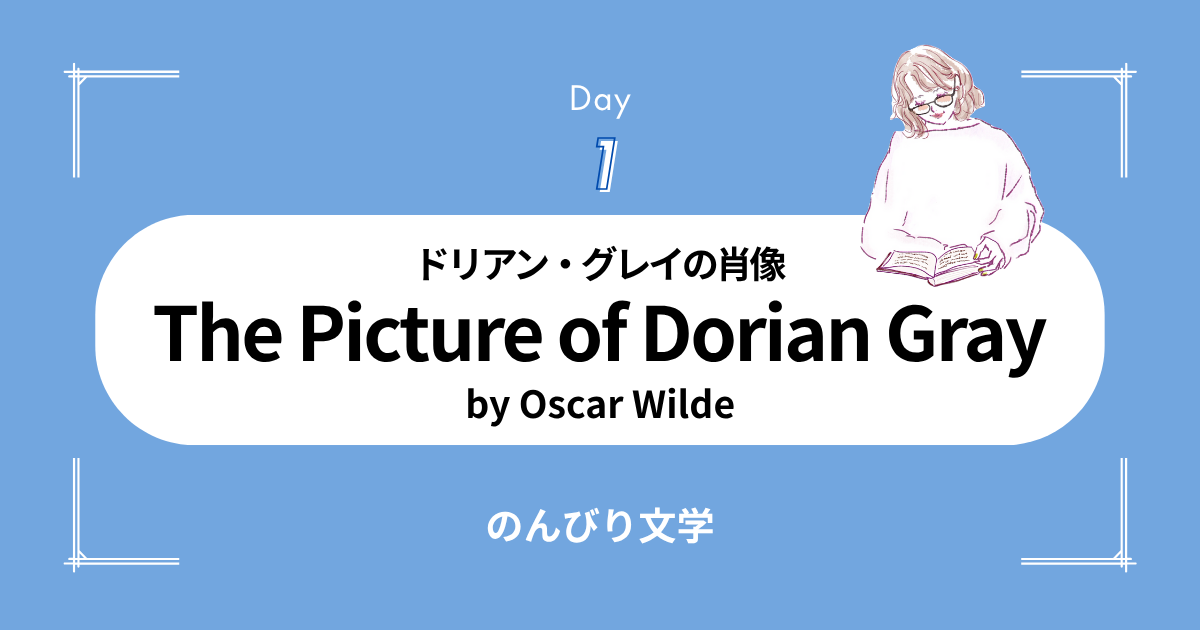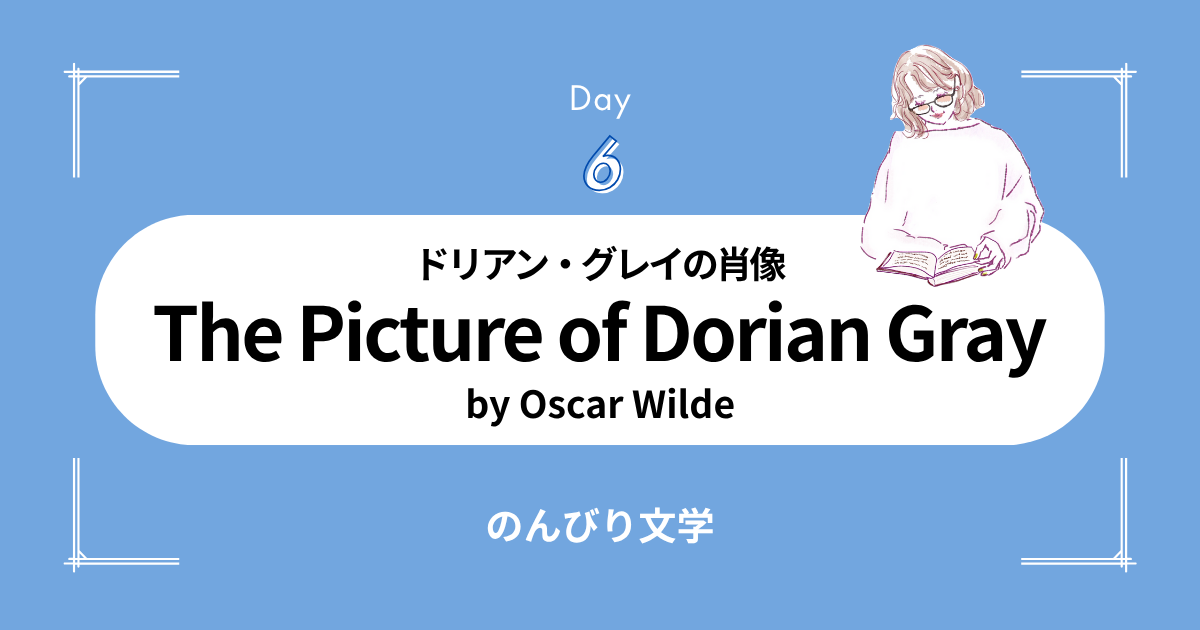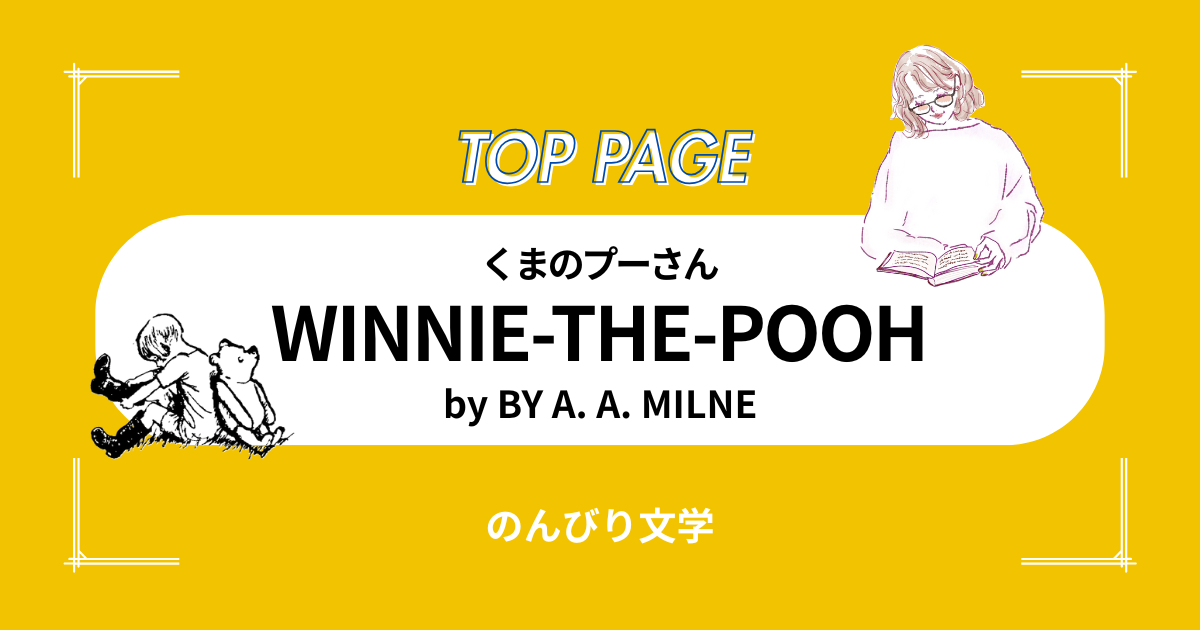【4】美と秘密の代償:『ドリアン・グレイの肖像』に学ぶ人生の皮肉と芸術の宿命

当サイトでは、著作権切れとなった洋書を扱う Project Gutenberg より、文学作品や小説をDLし、学習の素材として使用しています。
タイトル:The Picture of Dorian Gray(ドリアン・グレイの肖像)
著者:オスカー・ワイルド(Oscar Wilde)
初版発行:1890年(雑誌掲載)/ 1891年(改訂版書籍)
〔あらすじ〕
ロンドン社交界に生きる美青年ドリアン・グレイは、画家バジル・ホールワードに肖像画を描かれます。バジルの友人であり皮肉屋の貴族ヘンリー卿の影響を受け、ドリアンはいつしか自分の「若さ」と「美貌」が永遠ではないことに、恐れを抱くようになっていきます。
そして彼は「老いていくのが自分ではなく、肖像画の中の自分であればよいのに」と願いを込めるようになるのです。そして、その願いは奇跡的に現実のものとなり、ドリアンの姿はいつまでも若く美しいまま。
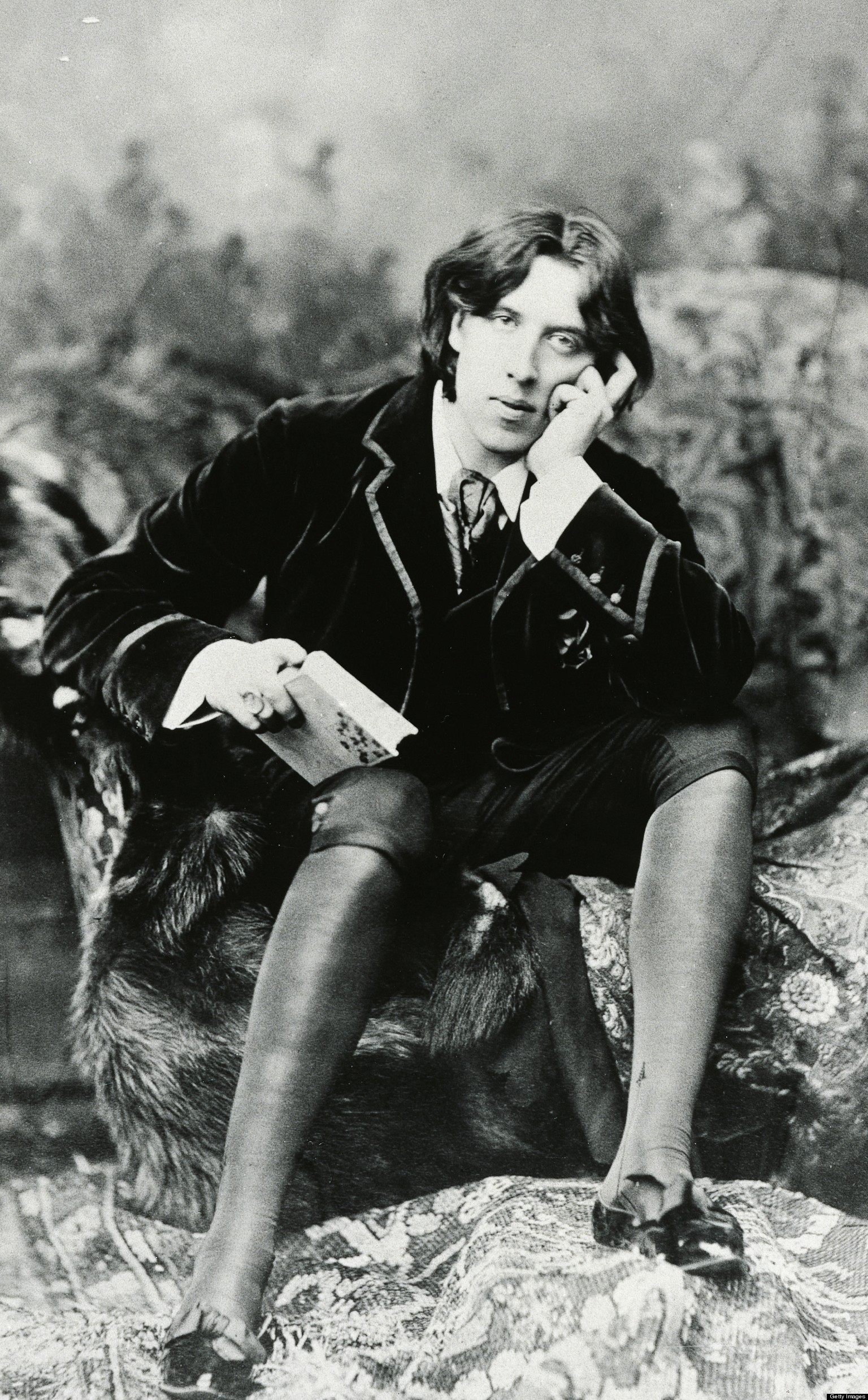
その代わりに、彼の肖像画がどんどん歳を取っていくのですが、その肖像画はドリアン自身の好ましくない行動の結果を反映して、ひどく醜く変化していきました。
永遠の若さを得た代償に、快楽と退廃の人生を歩むようになっていたドリアン。やがて彼は、その報いに直面することとなるのでした。
この作品は全編を通して 約80,120 words が使われています。
1日に 300~500 words 程度に区切りながら、ゆっくりと読み進めていきたいと思いますので、Day1から順にご自身のペースでお楽しみください。
はじめに
今回は『ドリアン・グレイの肖像』第1章より、画家バジルがヘンリー卿に肖像画のモデル=ドリアン・グレイの名前を明かす場面です。
バジルは美や知性がもたらす「運命的な苦悩」について語り、さらに“秘密”こそが現代にロマンスを与えると主張します。
一方ヘンリー卿は結婚生活を例に、嘘と欺瞞の価値(皮肉)を軽快に語ります。
今回は、哲学的な深みとユーモアが共存するこの会話から、語彙・表現・思考を学びます。
本文を読む
CHAPTER I.(前回からの続き)
“You don’t understand me, Harry,” answered the artist.
“Of course I am not like him.
I know that perfectly well.
Indeed, I should be sorry to look like him.
You shrug your shoulders? I am telling you the truth.
There is a fatality about all physical and intellectual distinction, the sort of fatality that seems to dog through history the faltering steps of kings. It is better not to be different from one’s fellows.
The ugly and the stupid have the best of it in this world.
They can sit at their ease and gape at the play.
If they know nothing of victory, they are at least spared the knowledge of defeat.
They live as we all should live—undisturbed, indifferent, and without disquiet.
They neither bring ruin upon others, nor ever receive it from alien hands. Your rank and wealth, Harry; my brains, such as they are—my art, whatever it may be worth; Dorian Gray’s good looks—we shall all suffer for what the gods have given us, suffer terribly.”
“Dorian Gray? Is that his name?” asked Lord Henry, walking across the studio towards Basil Hallward.
“Yes, that is his name. I didn’t intend to tell it to you.”
“But why not?”
“Oh, I can’t explain.
When I like people immensely, I never tell their names to any one.
It is like surrendering a part of them.
I have grown to love secrecy. It seems to be the one thing that can make modern life mysterious or marvellous to us.
The commonest thing is delightful if one only hides it.
When I leave town now I never tell my people where I am going.
If I did, I would lose all my pleasure. It is a silly habit, I dare say, but somehow it seems to bring a great deal of romance into one’s life.
I suppose you think me awfully foolish about it?”
“Not at all,” answered Lord Henry, “not at all, my dear Basil.
You seem to forget that I am married, and the one charm of marriage is that it makes a life of deception absolutely necessary for both parties.
I never know where my wife is, and my wife never knows what I am doing.
When we meet—we do meet occasionally, when we dine out together, or go down to the Duke’s—we tell each other the most absurd stories with the most serious faces.
My wife is very good at it—much better, in fact, than I am. She never gets confused over her dates, and I always do. But when she does find me out, she makes no row at all.
I sometimes wish she would; but she merely laughs at me.”
重要単語の確認
atality(名詞)/fəˈtæləti/
宿命、運命的な悲劇
美や知性に付きまとう避けがたい苦悩を象徴する語
dog/v(動詞)/dɔːɡ/
つきまとう、追跡する
「運命が付きまとう」の比喩表現として重要
faltering(形容詞)/ˈfɔːltərɪŋ/
よろめく、不安定な
「faltering steps of kings」で、弱々しい王の歩み
disquiet(名詞)/dɪsˈkwaɪət/
不安、心の乱れ
「平凡さの美徳」を表す対義語として登場
surrender(動詞)/səˈrendə(r)/
明け渡す、降伏する
「名前を明かすのは一部を差し出すこと」の比喩
deception(名詞)/dɪˈsepʃn/
欺瞞、ごまかし
結婚生活における「日常的なウソ」のテーマ語
absurd(形容詞)/əbˈsɜːd/
ばかばかしい、不条理な
嘘のやり取りの描写で皮肉を込めて使用
覚えておきたい表現
You don’t understand me.
僕のことを分かっていない
深い心情の吐露として使われる文学的定番
dog through history
歴史を通じてつきまとう
「dog」は動詞で「追いかけて離れない」意味
the ugly and the stupid have the best of it
醜くて愚かな者の方が得をする
ワイルド流の逆説的アイロニー(皮肉│あてこすり│風刺)
I have grown to love secrecy.
秘密主義が好きになった
「grow to ~」は徐々にそうなるニュアンス
life of deception
欺瞞に満ちた生活
結婚生活に対する皮肉な見解を凝縮する表現
本文と対訳
“You don’t understand me, Harry,” answered the artist.
「君には分かっていないよ、ハリー。」と画家は答えた。
“Of course I am not like him. I know that perfectly well. Indeed, I should be sorry to look like him.
「僕が彼に似ていないのは当然だ。それはよく分かっている。いや、むしろ彼に似ていたら残念に思っただろうね。」
You shrug your shoulders? I am telling you the truth.
「君は肩をすくめるのか?でもこれは本当のことなんだ。」
There is a fatality about all physical and intellectual distinction, the sort of fatality that seems to dog through history the faltering steps of kings.
「肉体的にも知的にも際立った存在には、必ず運命的なものがつきまとう。それは、歴史上の王たちのよろよろした歩みにもずっとついてきたような宿命だ。」
It is better not to be different from one’s fellows.
「他人と違わない方が、よほど良い。」
The ugly and the stupid have the best of it in this world.
「この世では、醜い者や愚かな者の方が得をしている。」
They can sit at their ease and gape at the play.
「彼らは気楽に座って、舞台をぽかんと眺めていられる。」
If they know nothing of victory, they are at least spared the knowledge of defeat.
「勝利を知らなくても、少なくとも敗北の苦しみは知らずにすむ。」
They live as we all should live—undisturbed, indifferent, and without disquiet.
「彼らは、僕たち皆が本来あるべきように生きている。邪魔されず、無関心で、心乱されることもなく。」
They neither bring ruin upon others, nor ever receive it from alien hands.
「他人を破滅に追いやることもなければ、他人から破滅を与えられることもない。」
Your rank and wealth, Harry; my brains, such as they are—my art, whatever it may be worth; Dorian Gray’s good looks—we shall all suffer for what the gods have given us, suffer terribly.”
「君の地位と財産、僕の知性(あるとすればだけど)、僕の芸術(どれほど価値があるにせよ)、そしてドリアン・グレイの美貌。神々が授けてくれたもののせいで、僕たちは皆、ひどく苦しむことになる。」
“Dorian Gray? Is that his name?” asked Lord Henry, walking across the studio towards Basil Hallward.
「ドリアン・グレイ?それが彼の名前か?」とヘンリー卿は聞いた。スタジオを横切ってバジルに近づきながら。
“Yes, that is his name. I didn’t intend to tell it to you.”
「ああ、それが彼の名前だ。君に教えるつもりはなかったんだ。」
“But why not?”
「どうして?」
“Oh, I can’t explain. When I like people immensely, I never tell their names to any one. It is like surrendering a part of them.
「うまく説明できない。人を本当に好きになると、誰にもその人の名前を教えたくなくなる。名前を明かすのは、彼らの一部を差し出すような気がするんだ。」
I have grown to love secrecy. It seems to be the one thing that can make modern life mysterious or marvellous to us.
「僕は秘密主義が好きになった。現代生活に神秘や驚きを与えてくれる、唯一の手段のように思える。」
The commonest thing is delightful if one only hides it.
「どんな平凡なことでも、隠すだけで魅力的になる。」
When I leave town now I never tell my people where I am going. If I did, I would lose all my pleasure.
「今では、町を離れるときも誰にも行き先を教えない。教えたら楽しみがすべて失われるから。」
It is a silly habit, I dare say, but somehow it seems to bring a great deal of romance into one’s life.
「馬鹿げた癖だとは思うけれど、不思議と人生にロマンスをもたらしてくれる。」
I suppose you think me awfully foolish about it?”
「君は僕をとても愚かだと思ってるだろうね?」
“Not at all,” answered Lord Henry, “not at all, my dear Basil.
「全然そんなことないさ。」とヘンリー卿は答えた。「まったくね、親愛なるバジル。」
You seem to forget that I am married, and the one charm of marriage is that it makes a life of deception absolutely necessary for both parties.
「君は僕が結婚しているのを忘れているようだが、結婚の唯一の魅力は、両者に欺瞞(ぎまん=だますこと、あざむくこと)を必要不可欠にすることだよ。」
I never know where my wife is, and my wife never knows what I am doing.
「僕は妻がどこにいるのか知らないし、妻は僕が何をしているのか知らない。」
When we meet—we do meet occasionally, when we dine out together, or go down to the Duke’s—we tell each other the most absurd stories with the most serious faces.
「私たちが顔を合わせるとき―たまに外で食事したり、貴族の屋敷に行ったりするが―互いに真顔で最もばかげた話をし合うんだ。」
My wife is very good at it—much better, in fact, than I am. She never gets confused over her dates, and I always do.
「妻はそれが実に上手でね―実際、僕よりずっと。彼女は日付を取り違えることもないけど、僕はいつも混乱する。」
But when she does find me out, she makes no row at all. I sometimes wish she would; but she merely laughs at me.”
「でも、彼女が僕の嘘を見破っても、怒鳴ったりしないんだ。時々怒ってくれたらと思うこともあるけど、ただ笑うだけさ。」
理解度チェック
今日のリーディン範囲について、理解度をチェックしてみましょう。
以下の文の空欄に適切な語を選んでください。
Q1. According to Basil, those who are ugly or stupid __.
a) suffer more in life
b) are always ignored
c) live peacefully without worry
d) bring ruin upon others
- 解答はここをクリック
-
正解:c) live peacefully without worry
Basil は「ugly and stupid have the best of it(愚かで醜い者の方が得をする)」と述べ、心の不安なく生きていると描写している。
Q2. What does Basil say about revealing someone’s name?
a) It brings good luck.
b) It makes the person more respected.
c) It feels like surrendering part of them.
d) It helps people remember them better.
- 解答はここをクリック
-
正解:c) It feels like surrendering part of them
“It is like surrendering a part of them” というバジルの台詞が根拠。
Q3. Why does Basil like secrecy?
a) It keeps people honest.
b) It protects his artwork.
c) It adds romance and mystery to life.
d) It impresses Lord Henry.
- 解答はここをクリック
-
正解:c) It adds romance and mystery to life
“secrecy… makes modern life mysterious or marvellous” という語句に注目。
Q4. What is Lord Henry’s attitude toward marriage?
a) He sees it as sacred and honest.
b) He finds it dull and unnecessary.
c) He views it as a charming game of deception.
d) He regrets ever getting married.
- 解答はここをクリック
-
正解:c) He views it as a charming game of deception
“the one charm of marriage is that it makes a life of deception absolutely necessary” という皮肉たっぷりのセリフから明白。
Q5. How does Lord Henry describe his and his wife’s interactions?
a) They argue constantly.
b) They have no communication.
c) They share truthful stories.
d) They lie to each other with serious expressions.
- 解答はここをクリック
-
正解:d) They lie to each other with serious expressions
“we tell each other the most absurd stories with the most serious faces” に対応。
まとめ
今回の章では、バジルの内面的な葛藤と、ヘンリー卿の皮肉な人生哲学が対比的に描かれました。
「美」や「才能」がもたらす宿命に苦しむバジルに対し、ヘンリー卿は秘密や欺瞞を「人生を面白くするスパイス」として楽しんでいます。
この章を通じて、英語の比喩表現や逆説的ユーモアを味わうとともに、”名前”や”秘密”というテーマが物語の鍵となっていく様子も見えてきました。
次回はいよいよドリアン本人の登場。どうぞお楽しみに!


